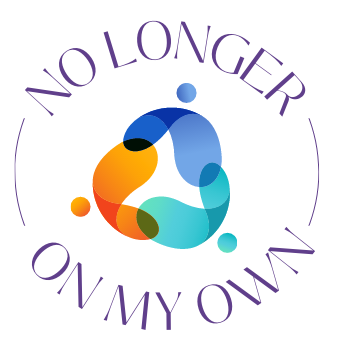Resources for Lawyers Working with Indigenous Peoples
The No Longer on My Own (NOLOMO) project is funded by Women and Gender Equality Canada and the Nova Scotia Advisory Council on the Status of Women.
Quick Links for Lawyers
Manuals, Toolkits and Training
A Guide for Lawyers Working with Indigenous Peoples:
This Guide is a starting resource to help lawyers and others in the justice system to learn about Indigenous cultures and understand the interplay between Indigenous legal orders and the Canadian legal system.
Communicating Effectively with Indigenous Clients:
This guide addresses various challenges and provides practical advice on building trust, understanding cultural and linguistic differences, and ensuring that Indigenous clients’ perspectives and rights are respected throughout the legal process.
This section of the Canadian Bar Association’s Truth and Reconciliation toolkit is meant as a quick reference guide to Aboriginal law, Indigenous terms, laws and legal traditions.
Cultural Perspectives Training:
Indigenous Perspectives Society: Centre of Excellence in Community Education (IPS) offers Cultural Perspectives Training (CPT) to help governments, organizations, businesses and individuals deepen their understanding and develop actionable ideas to respond to the Truth and Reconciliation Commission of Canada’s Calls to Action and the United Nations Declaration on the Rights of Indigenous People.
This webinar looks at the family and social context of young Indigenous women, and some legal considerations.
This Handbook is a reference work to the law as it affects Indigenous peoples and organizations, for both lawyers and non-lawyers.

